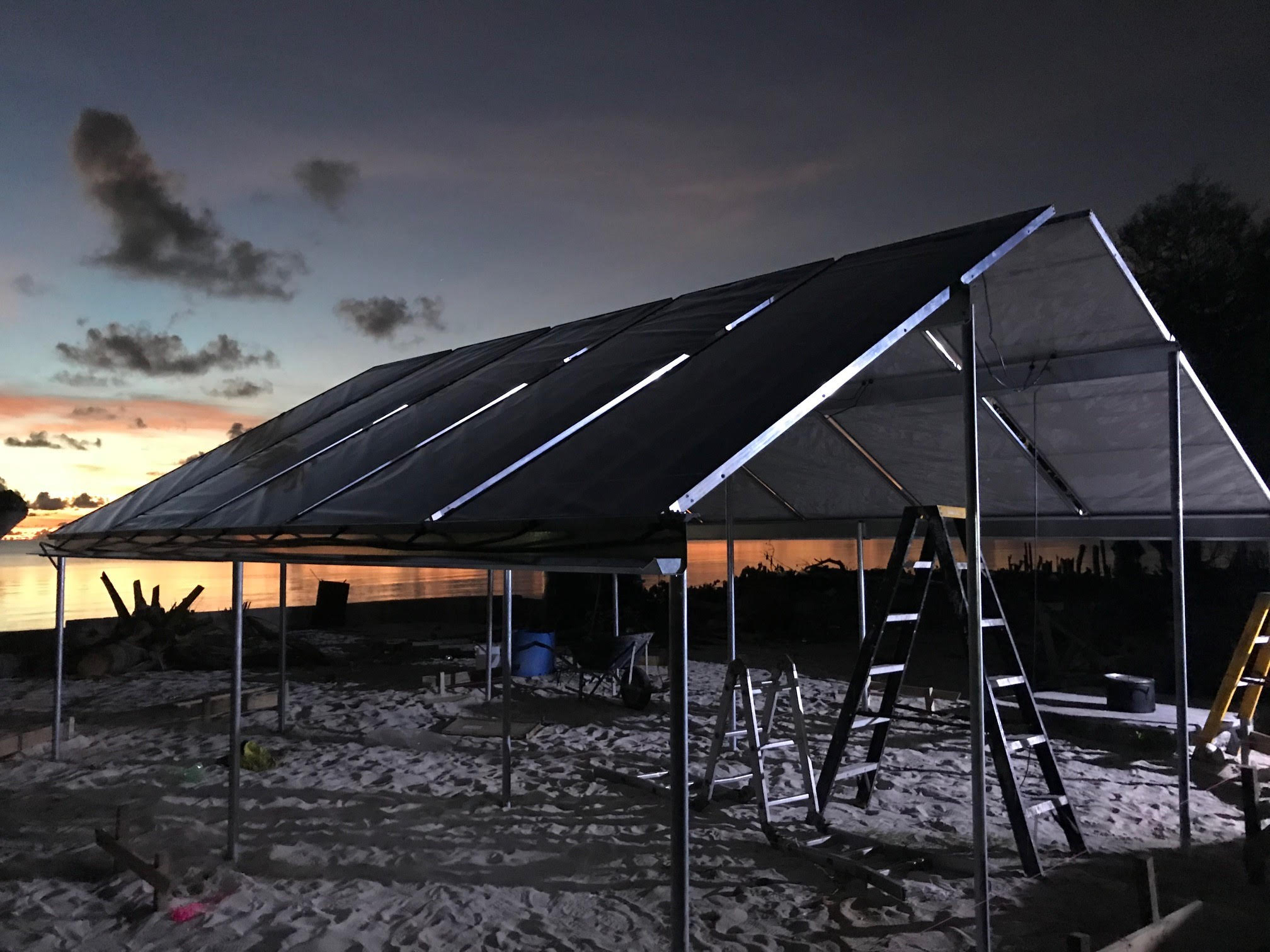Vision
We picture the day when everyone in the world has access to safe, clean and plentiful drinking water. Many of us take this for granted yet nearly one billion people lack this essential resource. Creating accessible, safe water supplies in developing countries enables people to live healthier, fuller, more productive lives. Just as important is the preservation and conservation of the earth’s natural resources. F CUBED believes there are alternative renewable energy solutions that are cost effective and more practical than current energy hungry solutions that harm the environment.
Mission
F CUBED is an Australian owned company dedicated to the conservation, production and processing of the world’s most critical resource, water. F CUBED’s goal is to become a global leader in renewable energy water processing solutions.
We have not inherited the world from our forefathers, we have borrowed it from our children.
Nearly 1 billion people lack access to safe water and 2.5 billion do not have adequate sanitation.
- At least 1.8 million children under five years old die every year from water related disease, which is one child every 20 seconds.
- It is estimated that close to 90 percent of diarrhoea cases, killing some 2.2 million people every year, are caused by unsafe drinking water and poor hygiene.
- Over half the world’s hospitals beds are occupied with people suffering from illnesses linked with contaminated water.
- Almost 900 million people currently lack access to safe drinking water, and an estimated 2.6 billion people lack access to basic sanitation. South Asia and sub-Saharan Africa have the highest proportion, with around 221 million and 330 million respectively living without basic sanitation.
- People in the industrialised world generate 5 times more wastewater per person than in developing countries — but treat over 90% of the wastewater compared to only a few percent in developing countries.
- Use of bottled water is increasing, but it takes 3 litres of water to produce one litre of bottled water — and in the USA alone an additional 17 million barrels of oil.
- Worldwide 200,000 million litres of water are produced every year, creating also an enormous waste problem from spent plastic bottles.
- The area of dead zones — locations of reduced or absent oxygen levels — has now grown to cover 245,000 km2 of the marine environment including in North America; the Caribbean, Europe and Asia.
- Wastewater also generates methane, a climate gas 21 times more powerful than CO2. It is also generating nitrous oxide which is 310 times more powerful than CO2.
- It is estimated that wastewater-linked emissions of methane and nitrous oxide will rise by 25 percent and 50 percent respectively in just a decade.
- Climate change may aggravate the problem with droughts concentrating wastewater pollution in rivers and lakes and increased flooding overwhelming ageing sewage infrastructure in cities and towns.

